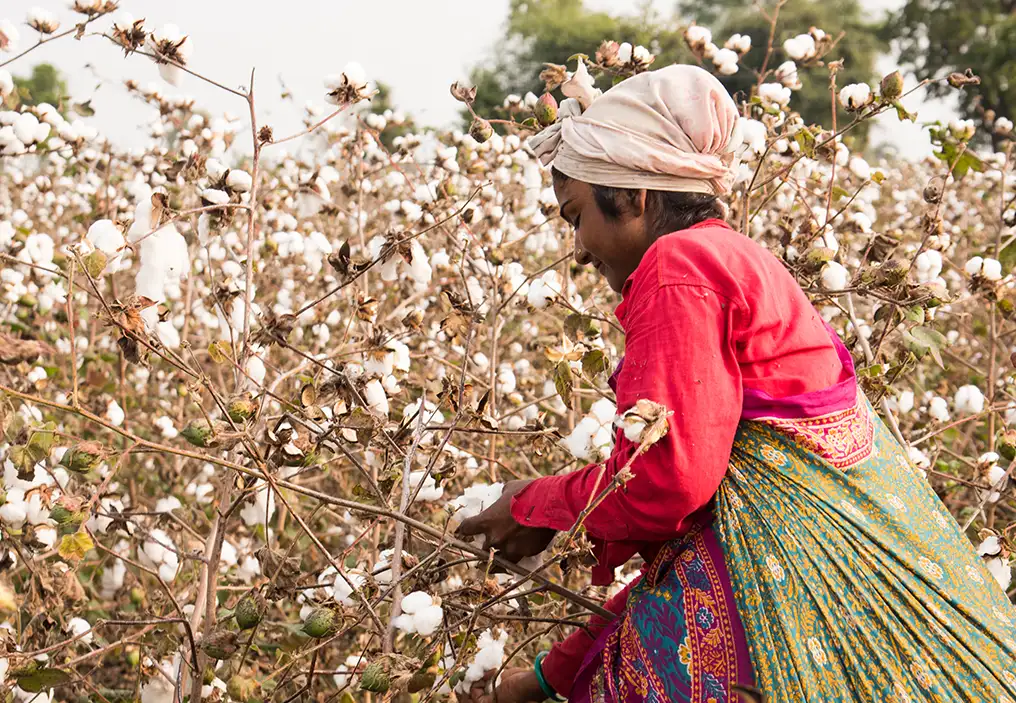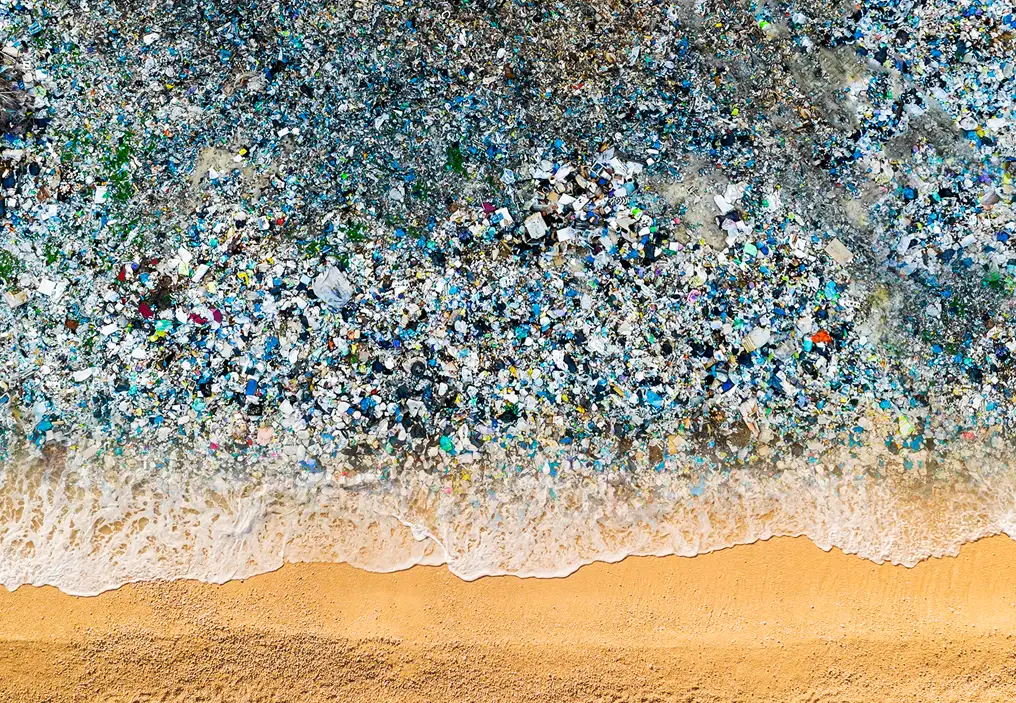Oops! It looks like that page is gone!
But while you’re here, why not dive into some of the latest stories from across Minderoo Foundation.

Gender Equality
Reporting is the floor, not the ceiling: Encouraging ethical leadership beyond compliance

Minderoo Pictures
OCEAN with David Attenborough.

Plastics
Countdown to INC-5.2: The final push for a Global Plastics Treaty.

Natural Ecosystems
ConText: Unlocking the ocean’s secrets.

Natural Ecosystems
Australia’s coral reefs are in crisis.

Communities